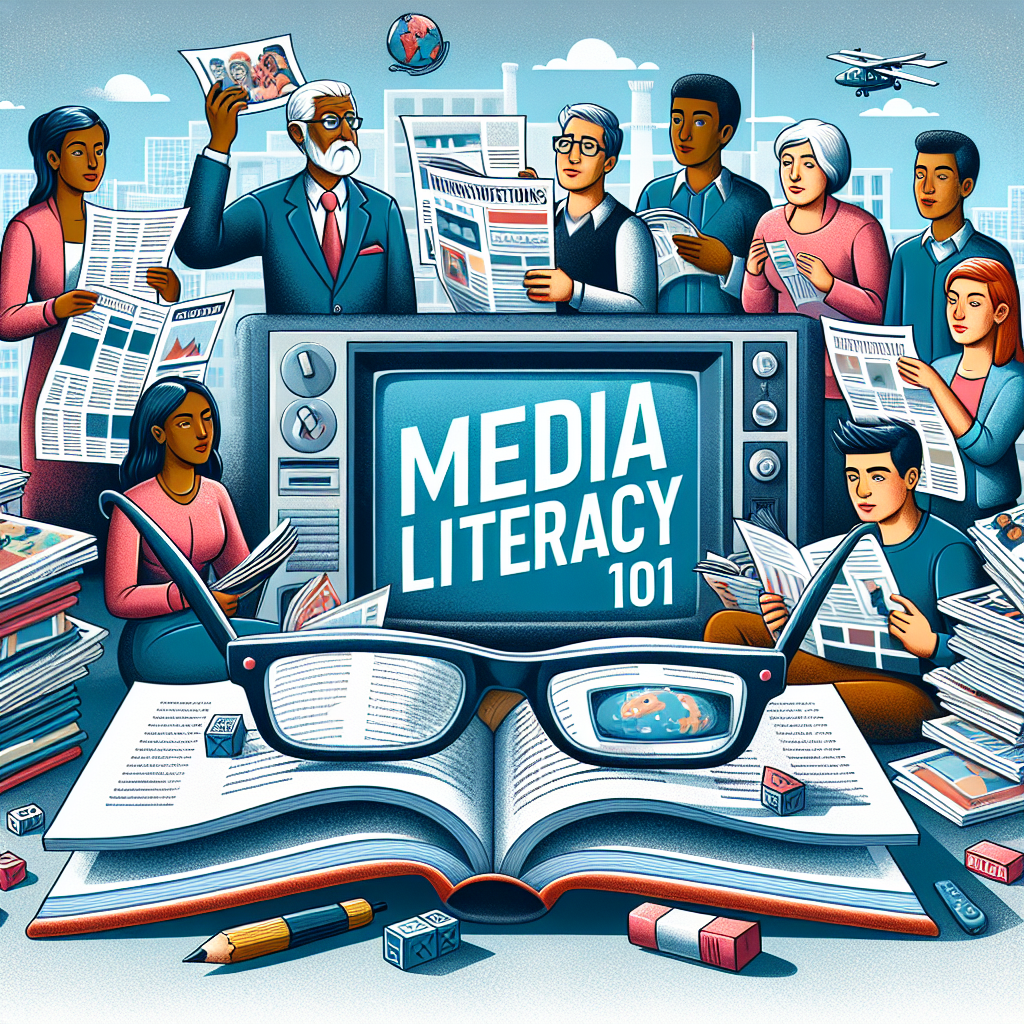The Department of School Education and Literacy (DoSEL), in collaboration with UNESCO, celebrated International Literacy Day at Vigyan Bhawan, emphasizing the theme “Promoting Literacy through Multilingualism.” The event highlighted the critical role of literacy in personal empowerment and community development. Mr. Jagdeep Dhankar, Vice President of India, opened the event by underscoring the transformative power of literacy. He stated, “Making someone literate is a service to humanity... When you help a person self-discover, you give them the ultimate potency.” Shri Sanjay Kumar, Secretary of DoSEL, praised India's rich linguistic diversity and reiterated the government’s commitment to achieving 100% literacy. He highlighted the ULLAS initiative, which aims to enhance literacy and ignite hope among individuals, shaping a promising future for the nation.
Mr. Jian Xi Teng, UNESCO’s Programme Specialist for Education, shared a message from Ms. Audrey Azoulay, Director-General of UNESCO, emphasizing the benefits of multilingual education. He noted that “children learn to read and write best in their mother tongue,” which leads to higher school attendance and better cognitive skills. A significant highlight of the event was the launch of a new Direct-to-Home (DTH) channel under the ULLAS (Nav Bharat Saaksharta Karayakram) initiative. This channel aims to deliver accessible educational content to remote and rural populations. The event also featured a short film showcasing innovative approaches to engaging learners and making education more inclusive. Volunteer teachers and beneficiaries of the ULLAS program shared impactful personal stories of how literacy changed their lives, emphasizing the importance of community involvement in literacy initiatives.
In preparation for International Literacy Day, a conference titled "Spectrum of Literacy" was held on September 7 at NCERT, New Delhi. Experts, educators, and policymakers identified challenges and explored strategies to strengthen frameworks for lifelong learning programs aimed at neo-literate youth and adults. This included discussions on the Understanding Lifelong Learning for All in Society (ULLAS) program, which promotes inclusive literacy through community engagement and digital education. Despite advancements in literacy, significant challenges persist globally. In 2022, over 750 million adults lacked basic literacy skills, and around 250 million children aged 6-18 were out of school. A major barrier remains the lack of learning materials in native languages, hindering students' ability to engage with educational content effectively. In India, with its linguistic diversity, promoting multilingual literacy is crucial for bridging community divides, reducing inequalities, and fostering cultural respect.
UNESCO's advocacy for multilingualism encourages member states to adopt policies that support mother-tongue education and enhance literacy rates, particularly among marginalized groups, promoting equitable learning opportunities worldwide. International Literacy Day, established by UNESCO on October 26, 1966, is celebrated annually on September 8 to highlight literacy as a fundamental human right and a cornerstone for personal empowerment—an essential mission that continues to resonate 58 years later.











